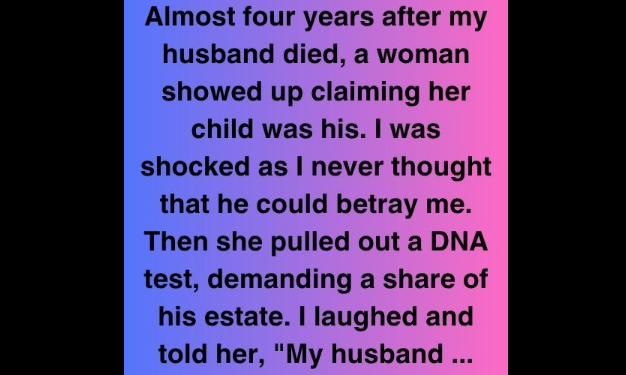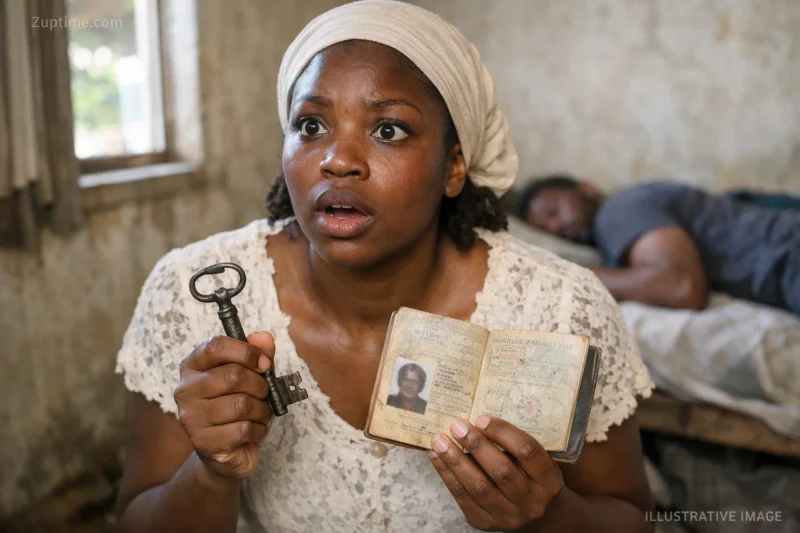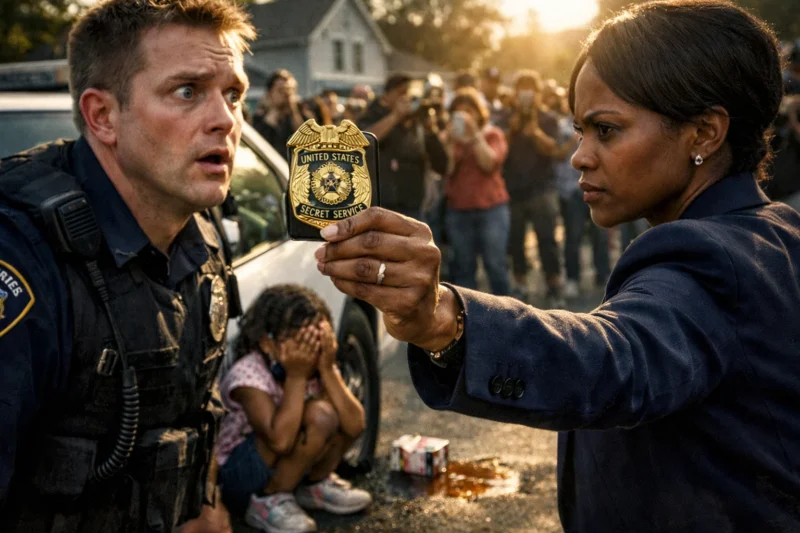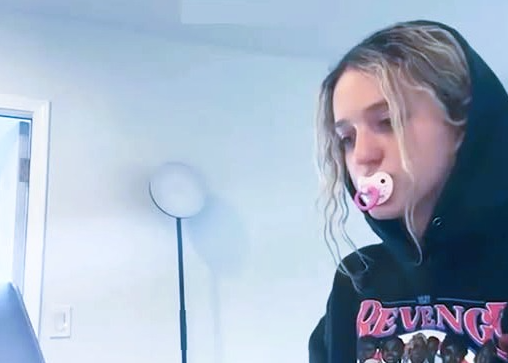Nearly four years after my husband’s passing, a woman appeared at my door, asserting that her child was his. The revelation stunned me, as I had never imagined he could deceive me.
She presented a DNA test, insisting on a portion of his estate. I chuckled softly and explained, “My husband left no estate to divide.”
Her face showed confusion, perhaps a hint of shame, but she quickly regained her composure and clarified that her claim wasn’t solely about finances—it was about acknowledgment. I invited her to take a seat, sensing this discussion would require more time than I had anticipated.
She introduced herself as Clara, her nervousness evident despite her efforts to appear assured. She shared that her son was nine and that she and my husband had been involved discreetly before his death.
My heart clenched at the thought, yet I kept my composure. I inquired about the timeline of this alleged “relationship.” She mentioned it occurred during a period when my husband and I were facing disagreements, and he was often “working late.”
I recalled those days vividly. We were grappling with financial difficulties, and he was juggling two jobs—or so I believed. He would return home weary and distant, which I attributed to exhaustion.
I had never questioned his loyalty—he was the kind of man who gazed into my eyes when he professed his love, and I trusted him completely.
I asked Clara why she had waited four years to come forward. After a pause, she confessed she had been raising her son alone but now wanted him to understand his origins.
She explained that her son had begun asking about his father, prompting her to reveal the truth. Anger stirred within me, but I also felt an unexpected compassion for her. If her story was true, her son was blameless in this matter.
Yet something about her account felt off. I requested to see the DNA test. She slid a folder toward me. The document appeared legitimate, but I noticed it listed only my husband’s initials, not his full name.
I pointed out this discrepancy, and she swiftly claimed it was standard for privacy reasons. Having worked in an office, I knew “privacy” didn’t justify omitting legal identifiers.
I told her I needed time to consider her claims. She seemed displeased but left. Alone, I sat staring at my cold coffee, mentally revisiting every moment of my marriage.
I hoped this was merely a scheme. I had heard of people targeting widows for inheritance, but a part of me yearned to uncover the truth.
The following day, I reached out to my husband’s closest friend, Mark. If anyone knew the truth, it would be him. After a brief silence, Mark let out a heavy sigh.
He revealed he had heard whispers back then but lacked evidence. He mentioned that my husband and Clara had been close, though he insisted it was platonic. Mark admitted he wasn’t certain what to believe.
That night, sleep eluded me. I retrieved the box containing my husband’s belongings—letters, photos, and small keepsakes. I wasn’t searching for anything specific, but I hoped to find something to vindicate him.
Instead, I discovered a small envelope addressed to me in his handwriting, dated two weeks before his passing.
My hands trembled as I opened it. Inside was a brief letter. He expressed his deep love for me, apologized for his errors, and mentioned things he wished he had the courage to confess.
He hoped I would cherish our joyful times over his faults. Though vague, the letter hinted at untold secrets.
I knew I couldn’t let the matter rest. I consulted a lawyer, described the situation, and asked how to verify or refute Clara’s claim.
The lawyer suggested obtaining a legal DNA comparison using items of my husband’s that might retain his DNA, like his razor or hairbrush. Fortunately, I still had both.
A week later, I arranged the test. Clara seemed hesitant when I informed her but agreed, insisting she had nothing to conceal. The results took two weeks to arrive.
During that time, I pondered what it would mean if the boy was indeed my husband’s son. Could I forgive my husband? Would I need to include this child in my life?
When the results arrived, my pulse quickened. I opened the envelope cautiously, preparing for the worst. The findings were unequivocal: no genetic match. My husband was not the father.
Relief flooded me, followed by indignation. Clara had fabricated the story. I called her and shared the results. She initially faltered, suggesting the test might be flawed. When I explained it was from a court-approved lab, impossible to falsify, she broke down.
She confessed that the boy’s real father had abandoned them years ago, and she was struggling financially. She thought claiming my husband as the father might provide some stability.
I was livid that she had tarnished my husband’s memory. Yet, when she revealed she had lost her job and faced eviction, I understood her desperation, though it didn’t justify her actions.
I told her I couldn’t fulfill her demands but offered to connect her with resources for housing and employment.
A month later, Clara called. She had secured a job and moved into a modest apartment. She thanked me for not entirely dismissing her despite her deception.
I clarified that my actions were for her son’s benefit, not hers. I didn’t want the boy to grow up viewing his mother as someone who alienated those trying to help.
Gradually, life resumed its rhythm. I kept my husband’s letter in its box, though I read it less frequently. I realized that whatever mistakes he made didn’t erase the love we shared.
His life wasn’t flawless, nor was mine, and I didn’t want to spend my days scrutinizing someone who could no longer explain himself.
A year later, I encountered Clara at the grocery store. She looked healthier, more self-assured. Her son was with her, offering a shy smile when she introduced him.
He was unaware of her false claim—she had simply told him my husband wasn’t his father. That was enough for him.
We chatted briefly. It wasn’t quite friendship, but it wasn’t animosity either. She mentioned enrolling in night classes to qualify for a better job. I wished her well, and as we parted, I felt a quiet sense of resolution.
Reflecting on the ordeal, I learned a valuable lesson. Desperation can drive people to grave errors, but sometimes they need just one person to believe in their potential for change.
I hadn’t fully forgiven Clara, but I admired her efforts to rebuild her life.
I also realized that clinging to anger would harm me more than anyone else. My husband wasn’t perfect, and perhaps he had secrets I never uncovered.
But I chose to honor him for the love he showed me, not the shadows he might have held. Life is too fleeting to chase ghosts or dwell on hypotheticals.
If this story resonates with you, share it with someone who could use a reminder that forgiveness is achievable and that strength lies not in how fiercely you fight, but in how gracefully you move forward.
Please consider liking this post—it might guide someone else toward their own sense of closure.




